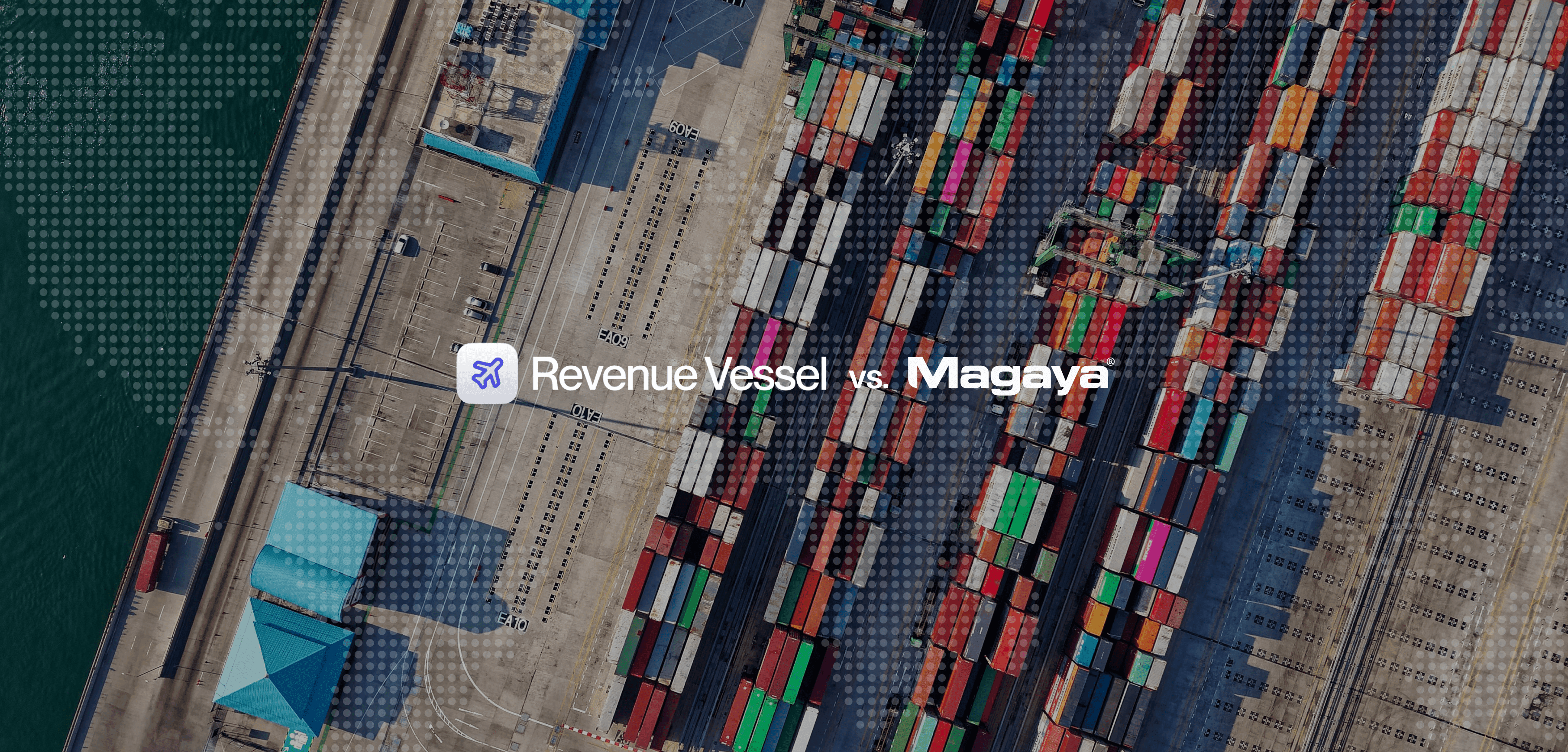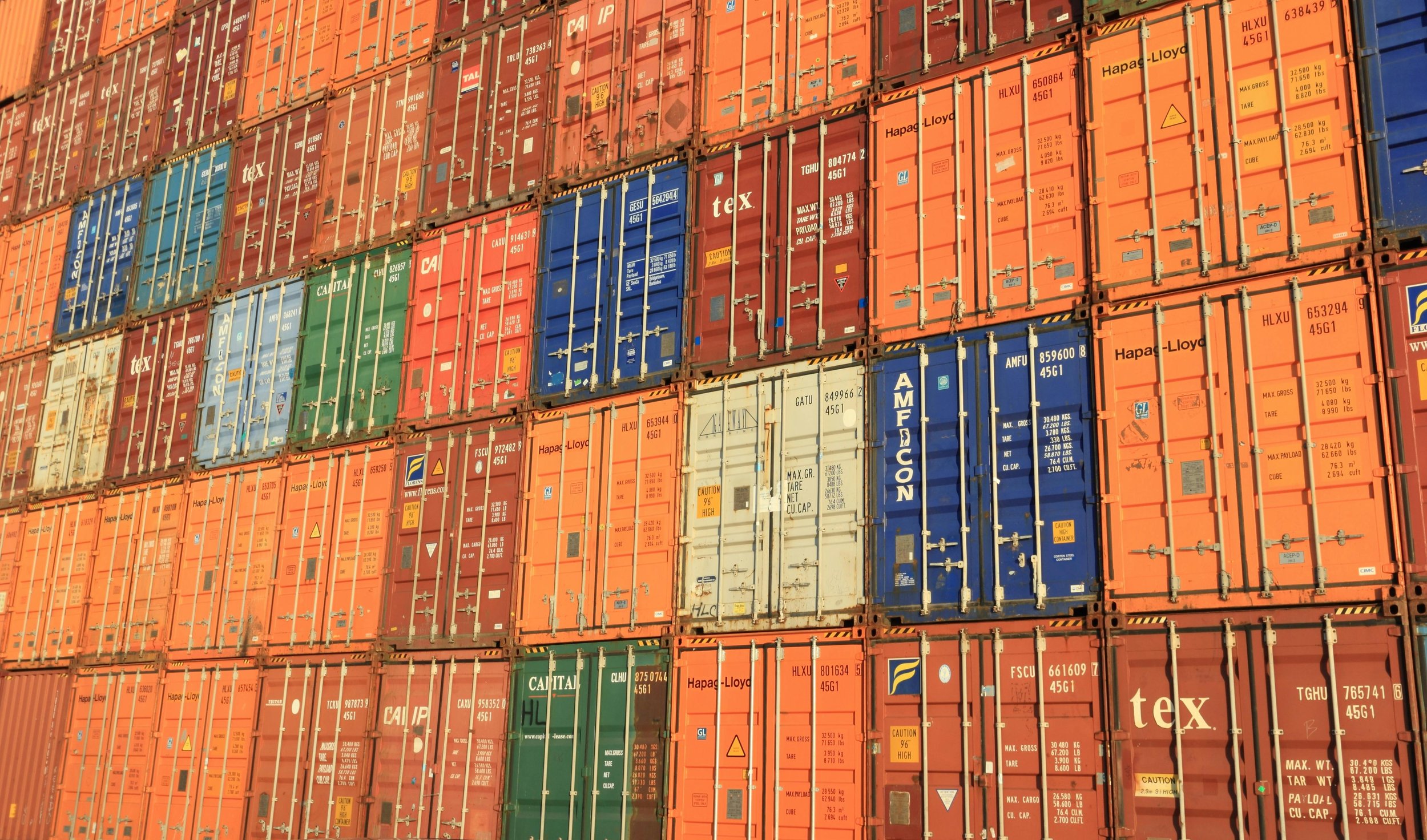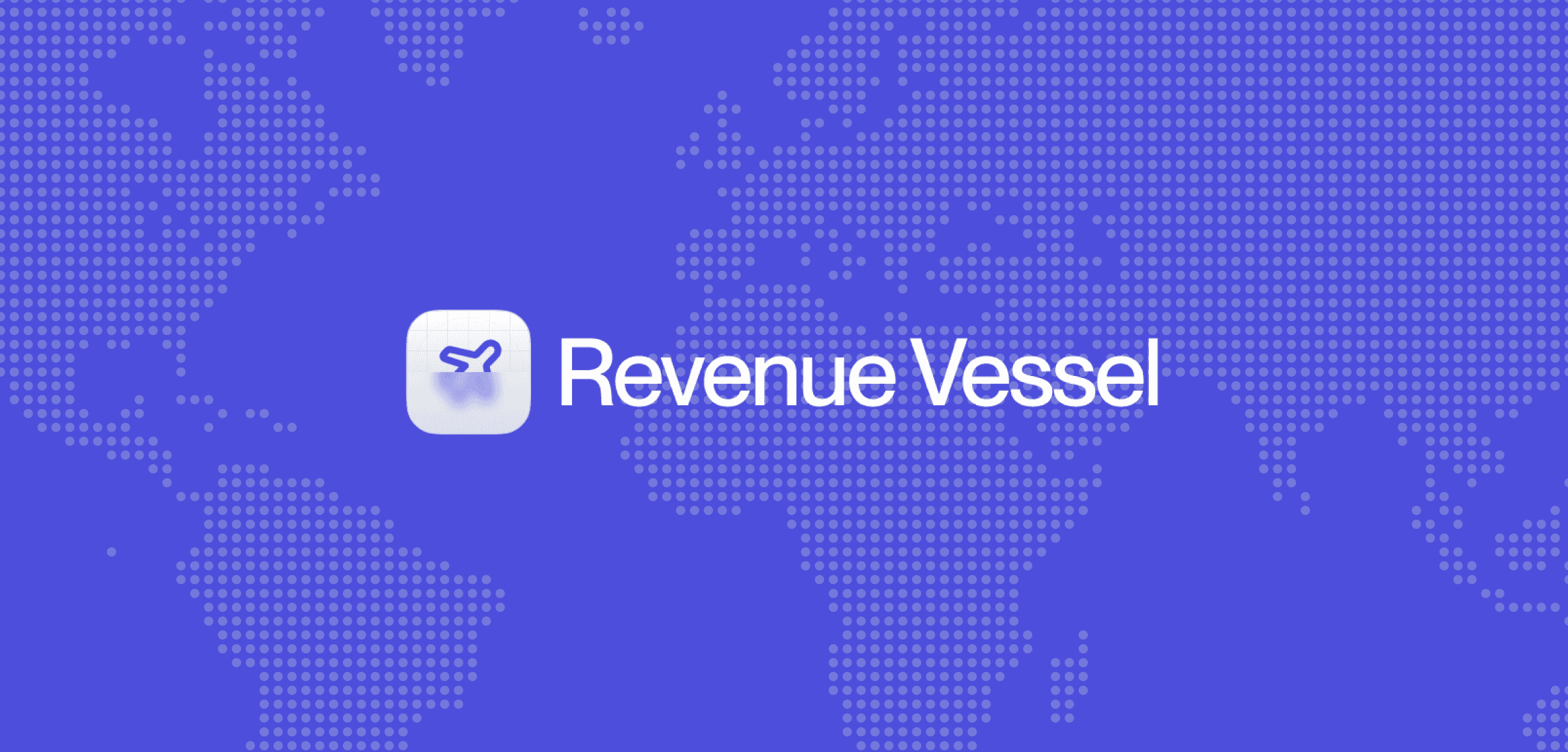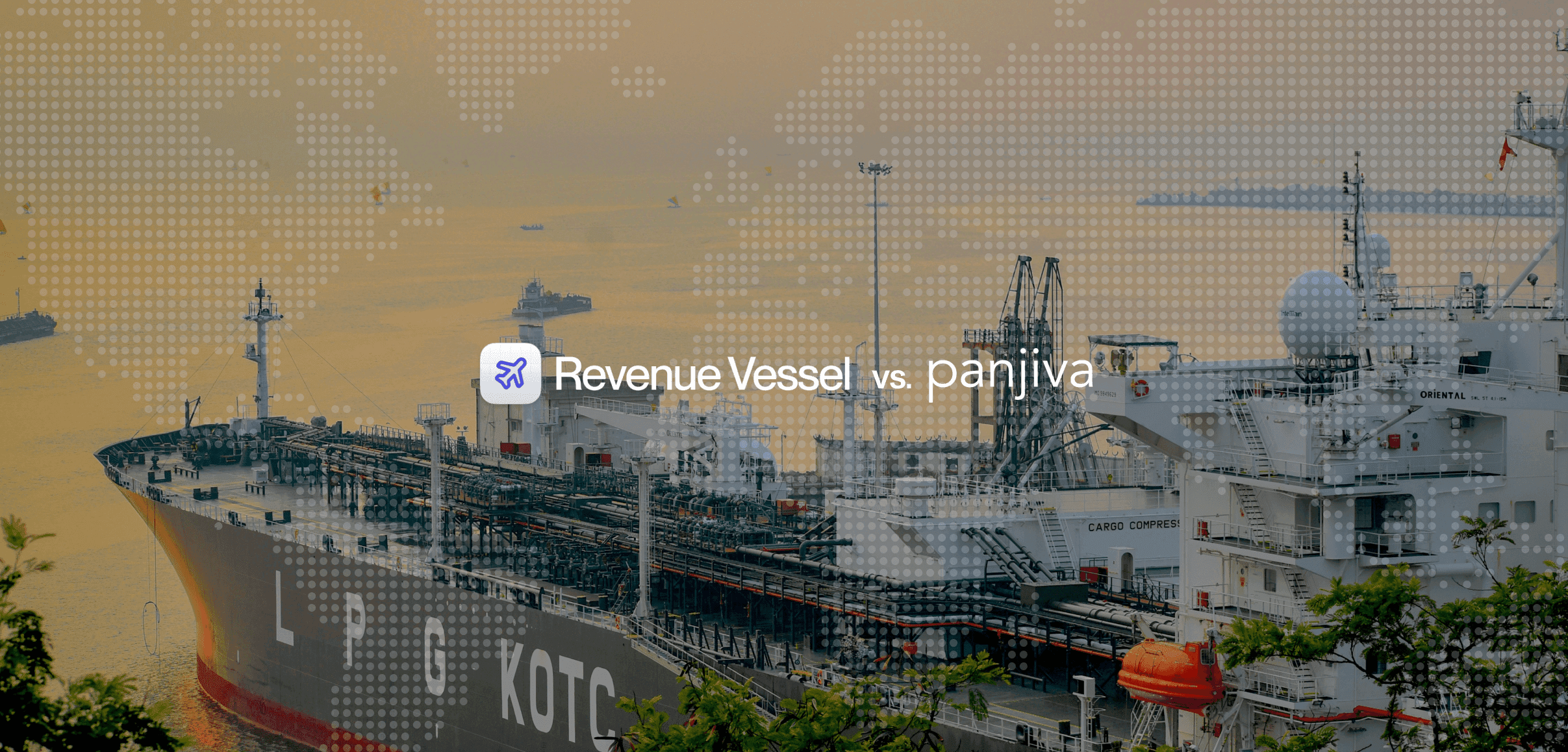Insights
Selecting the right technology to streamline logistics operations is crucial in today's fast-paced, competitive environment. For companies weighing their options, Magaya and Revenue Vessel stand out as prominent solutions. But how do they compare? As a supply chain professional with 20 years of logistics sales experience, I’ll break down these two platforms. By the end of this article, you’ll have a clear understanding of which platform best supports your organization's goals.
Author:
Brian Li
Published on:
Oct 1, 2024
Magaya is known for its supply chain management solutions, while Revenue Vessel focuses on leveraging data for sales acceleration in the logistics industry. Both platforms aim to increase efficiency but approach it from very different angles.
Magaya: A Comprehensive Supply Chain Solution
Magaya’s strength lies in its holistic supply chain platform that caters to freight forwarders, 3PLs, and warehousing companies. Some key features include:
Magaya Supply Chain: Provides visibility across your operations, from booking and shipping to delivery.
Magaya Warehouse Management (WMS): A full suite to track inventory, manage orders, and ensure operational efficiency.
Magaya Customs Compliance: Automated processes for ensuring regulatory adherence, reducing risks in cross-border trade.
Magaya for Freight Forwarding: Helps manage bookings, shipments, and carrier communications seamlessly.
Magaya API Integration: Supports advanced integration with other software tools, enabling you to customize workflows (e.g., TMS, CRM).
While the system covers the full logistics cycle, it comes with a learning curve, particularly during initial implementation.
Revenue Vessel: Data-Driven Sales and Lead Generation
Revenue Vessel targets sales teams in the logistics industry, helping them unlock opportunities through data insights. Some key features are:
U.S. Import Data: Access import data, allowing your sales team to identify leads by company, shipment volume, and commodity.
Custom Campaign Creation: Build campaigns by vertical, geography, or competitive set.
CRM Integration: Seamless integration with CRM platforms, making it easier for your team to act on data quickly.
Sales Acceleration Tools: From prospect identification to account management, Revenue Vessel enhances the sales process and shortens the sales cycle.
While Magaya’s platform is more operationally oriented, Revenue Vessel is purpose-built for sales-focused organizations looking to gain a competitive edge.
Pricing is a major consideration when choosing software. Let’s break down the cost structures:
Magaya Pricing
Magaya operates on a $200/user/month model, with the ability to customize features based on your company’s needs. While robust, Magaya can quickly become more expensive as your business scales, especially when implementing additional modules for warehouse management, customs compliance, or freight forwarding.
Revenue Vessel Pricing
Revenue Vessel’s pricing is highly competitive, offering a straightforward model that emphasizes ROI. Pricing is focused on providing value for sales teams by accelerating lead generation, reducing sales cycle times, and minimizing the costs associated with multiple systems.
Magaya Integration
Magaya offers extensive integration options. With an advanced API integration guide, Magaya can connect with your TMS, WMS, and CRM systems. However, implementing these integrations can be complex, often requiring dedicated IT resources and significant upfront investment. For example, integrating customs compliance features can take several weeks to fully operationalize, depending on the size of your business.
Revenue Vessel Integration
Revenue Vessel is designed with sales teams in mind. Integrations are simpler and focus on CRM platforms, allowing for quick, seamless transitions. This ensures that sales teams can start building campaigns and pursuing leads without the long onboarding process required for more operationally-focused systems like Magaya.
Magaya Customer Support and Training
Magaya offers robust customer support, with a focus on ensuring your company’s operational success. However, given the complexity of the platform, Magaya training is often required to fully utilize its features. Implementation is thorough but can be time-consuming, particularly for larger companies.
Revenue Vessel Support and Onboarding
Revenue Vessel’s support is sales-centric, with an emphasis on quick onboarding and minimal disruption. The platform is designed to be intuitive, ensuring that your sales team can start using it almost immediately. In addition, on-demand support ensures that any questions or technical issues are resolved promptly.


















